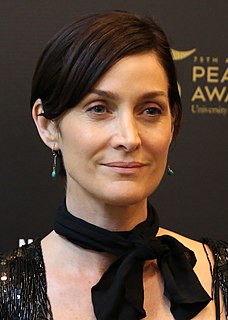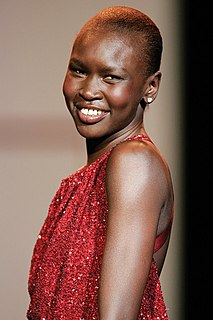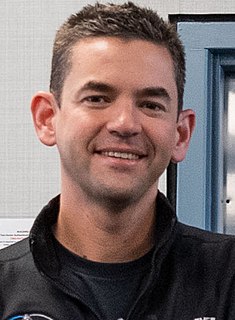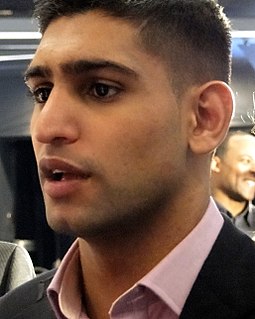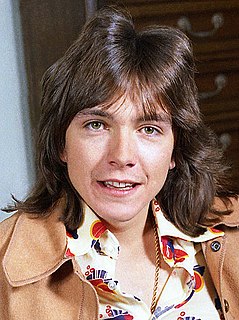A Quote by Carrie-Anne Moss
I grew up in a very middle-class life. I'm grateful for it - it has given me a lot of stability.
Related Quotes
I feel very grateful for the way I was brought up. I did not realise it then, but as I grew older and started writing and realised the material that was there was very strong, I felt very grateful that my life was complicated and that my identity was never clear but put me in a position that was always questioned.
I was brought up in a very naval, military, and conservative background. My father and his friends had very typical opinions of the British middle class - lower-middle class actually - after the war. My father broke into the middle class by joining the navy. I was the first member of my family ever to go to private school or even to university. So, the armed forces had been upward mobility for him.
